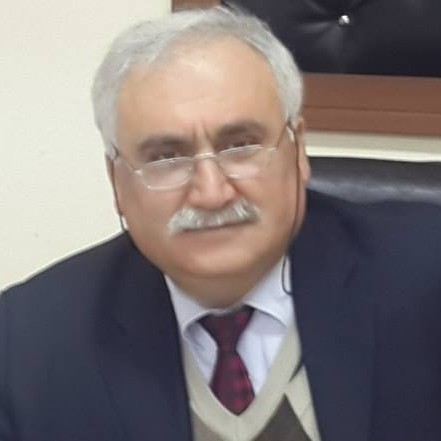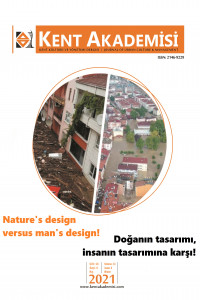Research Article
Review
Aim & Scope
The main purpose of The Journal of Urban Culture and Management (JOURAC) is to provide scientific and academic studies for the benefit of the people of the world to ensure that Turkish and world cities become more prosperous, more liveable; by publishing the architecture, administrative, economic, environmental, and engineering studies in the context of the city; and the literature studies in the context of the language and culture of the city in a multidisciplinary, interdisciplinary and transdisiplinary mood while acting as the academia of the urban areas where the 80% of the world population live.
The Journal of Urban Culture and Management aims to pave the way for the scientific productions in urban areas and to make faster contribution to development and institutionalization of the cities, and to make more voluminous added values to the world civilization by taking the decision to make its publishing period four times a year.
In this context The Journal of Urban Culture and Management;
1. 1. Cares about its multidisciplinary and interdisciplinary structure and aims to encourage it.
2. 2. Accepts the cultural and ethnographic identities of the cities as world heritage and aims to create this consciousness.
3. 3. Aims to strengthen the importance given to the world heritage concept by people in the context of urban culture.
4. 4. Aims to lead the protection and introduction of the prehistoric remains with the cultural combination of the world cities, specifically Anatolian Territorry which is the credle of civilizations.
Journal of Urban Academy is accepted an article in the areas of particularly urbanization, public administration, local government, political science, management science, urban planning, architecture, environment, environmental engineering, landscape, human geography, political history, art history, history of civilization, etymology, transport, transportation, logistics, smart traffic, communication, mass transportations, as well as disciplines such as ecology, renewable energy, environmental economics, civil defence, internal/external security, public health, hospital management.
Process and Refereeing::
Triple Publishing Period, / Open Access, / International, / Double Blind Peer Reviewing (3 Reviewing Per Article) Electronic Journal.
Author Guidelines
B- JOURNAL OF URBAN ACADEMY PUBLICATION GUIDELINES
- In this journal, all rights of published manuscripts and legal responsibilities belong to authors. Even if the copyrights of publications in our journal belong to authors, after this publications are published for this once in Journal of Urban Academy does not demand removing or erasing from the publication of the published manuscripts.
- Articles published in this journal are not cited without any reference in part or whole.
- Author(s) is/are fully belongs to copyrights all his/her/their works published in the Journal. Therefore, legal responsibility related to article contents belongs to authors.
- In the article submission process, if articles sent for review are not published, they can be erased by the Journal of Urban Academy. Our journal does not give a guarantee which is not erased from database for articles that rest more than a year in the online interface. Published articles cannot be removed from the publication with no external justification, except for legal obligations. Our authors can not demand removal from the publication of the published manuscripts without a court decision.
- Journal of Urban Academy is quarterly a journal published electronically on kentakademisi.com website. Journal of Urban Academy has accepted an article in the areas of particularly urbanization, public administration, local government, political science, international relations, (local government) management science, law, urban planning, architecture, environment, environmental engineering, landscape, geography, human geography, statistics, business administration, economics, industrial engineering, labor economics, industrial relations, political history, religion/theology, religions history, art history, archaeology, history of civilization, etymology, transport, transportation, maritime, logistics, motor vehicles, traffic, communication, as well as disciplines such as literature, Turkish language, personal development, human resources, ecology, renewable energy, environmental economics, defense, civil defense, internal/external security, public health, hospital management.
- Authors should be sent in WORD format via e-mail or doing registration and saving articles in interactive environment to publish your articles. In addition, it can be sent articles on TÜBİTAK Journal Park System. Unless email confirmation does not receive, email senders will not carry responsibility. Our Journal is not responsible for documents lost and/or disappeared in an electronic environment.
- Articles may be Turkish or English. The title and abstract parts of articles should be one of the Turkish, English, German and French languages. Similarly, keywords should be Turkish and English. Paragraph space should be 12 nk and indent should be 0 (zero) in the articles. Namely, it is not used paragraph indentation.
- The article will never published if studies was published anywhere before. As for translation writings, it is defined publication name made translation, volume, issue, author and country.
- The content should be numbered systematically DRAWINGS, PAINTINGS, PHOTOS, SHAPES which is added to articles.
- Author’s right of publication has not obligation to transfer our site in case of clear articles and reviews sent Journal of Urban Academy for publication.
- Articles sent for publishing is scanned with ITHENTICATE programme in preliminary review stage of the editor.
- Journal Editorial Board decide whether manuscripts sent to be published are issued or not issued and how they will play a part in this journal. Editorial Board can make a request some changes in point of content and form from author in case of find necessary.
- The first page of the article should be play a part the title and short abstract of the manuscript. Furthermore, it should be defined acknowledegments and other notes related to study in footnote part under the first page.
- The name, surname, degree, affiliation and address of author should play a part in author part found in the start of article. Furthermore, it should be added to a short curriculum vitae for the author.
- The manuscript should be divided to sections considering content according to headings. The first and last are defined as Introduction and Conclusion. Others are numbered such as 1.1, 1.2 etc. It is used bold letters to define section headings.
- Citations in articles should be made with the APA citation system version 7.0 and the bibliography should be processed in the same way.
- Before abstract of the article, it should be written at least five keywords as Turkish and English.
- Journal of Urban Academy is free to all visitors. This Journal does not charge any article submission or processing charges.
- Yazı eklemede herhangi bir sorun yaşayan yazarlarımız can transmit on online@kentakademisi.com web adress via e-mail.
- If it is benefitted from others’ views or references in articles, reference notations is APA system.
Ethical Principles and Publication Policy
The Publication Principles of the Journal of Urban Academy (JUA)
In the Journal of Urban Academy (JUA), the publication processes and the basic planning for the development and dissemination of information in an impartial and respectful manner were planned.The processes applied in this direction are directly reflected in the quality of the work of the authors and the institutions supporting the authors.Refereed studies are the studies that embody and support the scientific method. At this point, it is important that all stakeholders of the process (authors, readers and researchers, publishers, referees and editors) comply with standards for ethical principles. JUA is expected to have the following ethical responsibilities for all stakeholders within the scope of publication ethics.
JUA follows the COPE Code of Conduct and Best Practice Guidelines for Journal Editors and the Code of Conduct for Journal Publishers.
Ethical Duties and Responsibilities of Authors
It is expected that the author (s) submitting a submission to our journal will comply with the following ethical responsibilities:
1. Authors should ensure that they have written and submit only entirely original works, and if they have used the work and/or words of others, that this has been appropriately cited. Plagiarism takes many forms, from "passing off" another's paper as the author's own, to copying or paraphrasing substantial parts of another's paper (without attribution), to claiming results from research conducted by others. Plagiarism in all its forms constitutes unethical publishing behaviour and is unacceptable.
2. Persons who do not intellectually contribute to the content of the study should not be mentioned as authors.
3. The name of the author, who has the most added value in the works of art, should be written as the first name and the author whose academic title is superior should not be defined as the first author even if it does not provide sufficient value in the academic community.
4. The status of any work submitted for publication and the relationship that may constitute a conflict of interest should be explained.
5. The author (s) may be asked for raw data on their manuscripts within the framework of the evaluation process, in which case the author (s) should be prepared to submit the expected data and information to the editorial and the scientific boards.
6. The author (s) must have the right to use the data used, the document that they have the necessary permissions for the research / analysis or that the consent of the test subjects has been obtained. Even if our journal did not request this, these documents should be taken 'ready'.
7. It is the authors' prerogative to discover significant errors or inaccuracies in their own published work. If such an issue is discovered, the author(s) are expected it is their obligation to promptly notify the journal’s editors or publisher and cooperate with them to either correct the paper in the form of an erratum or to retract the paper.
8. Authors cannot have more than one journal in the application process. Each application may be initiated following the completion of the previous application. Work published in another journal cannot be sent for evaluation.
9. It is not possible to change the author responsibilities (such as adding author, changing the order of author, removing the author) of a study that has started the evaluation process. However, this request is taken into consideration by the JUA in case DERGİPARK uploads a file to the editor by the author or the corresponding author of the work regarding the signed requests of the other authors in the process.
B- Ethical Duties and Responsibilities of Editors:
The Journal of Urban Academy editors and field editors have the following ethical duties and responsibilities on the basis of "COPE Code of Conduct and Best Practice Guidelines for Journal Editors" and "COPE Best Practice Guidelines for JournalEditors" guidelines published by the Committee on Publication Ethics (COPE):
1. Editors are responsible for every publication in the journal. In this respect, editors have the following roles and obligations:
2. Striving to meet the information needs of readers and authors,
3. Continuously improving the growth and development of the journal,
4. To take part in the processes aimed at improving the quality of the studies published in the journal,
5. To support freedom of thought and to be diligent in bringing original and foreign works to the article,
6. Apply the editorial processes without compromising intellectual property rights and ethical standards,
7. Demonstrate clarity and transparency in terms of publication in matters requiring correction, clarification.
8. To be supportive in guiding the field editors, by using various communication forms,
9. The editor is obliged to take into account the feedback from the readers, researchers and to provide explanatory and informative feedback.
10. The submissons that are in compliance with the publication scope should be taken to the pre-evaluation stage unless there is a serious problem.
11. Editors should not ignore the favorable referee recommendations unless there is a serious problem with the work.
12. New editors should not change the decisions made by the previous editor (s) for the work, unless there is a serious problem.
13. Help the field editors to be careful in conducting the blind refree process, inform the field editors about violations of the blind refree, and warn if necessary.
14. Editors in charge of publication processes should be proficient in the effective and efficient use of referees and editorial processes,
15. Encourage Field Editors to develop the referee pool.
16. Editors should protect the intellectual property rights of all published articles and to defend the rights of journal and author (s) in case of possible violations. In addition, editors are obliged to take the necessary measures to ensure that the content of all published articles does not infringe the intellectual property rights of other publications.
17. It should take into account the persuasive criticism of the works published in the journal and should take a constructive attitude towards these criticisms.
18. Editors should grant the author(s) the right to reply to the reviews.
19. Editors are obliged to examine the complaints from the referees or readers carefully and to respond in an enlightening and explanatory manner.
20. The author, publisher and any other political and commercial elements do not affect the independent decision-making of the editors.
21. Editors should ensure that the judgments contained in the work are corrected quickly, including errors, inconsistencies or misleading.
C- Ethics Duties and Responsibilities of Field Editors:
1. Field editors should assign the referees in accordance with the subject of the study.
2. Field editors should provide the information and guidance to referees they need during the evaluation phase.
3. It is necessary to be proactive in this regard to ensure that there is no conflict of interest between the authors and reviewers.
4. According to the blind refereeing system, the referees should keep their identity information confidential and the field editor should pay attention to hide the name and surname of the referees in the evaluation form.
5. They should use methods that encourage the referees to evaluate work in an objective, scientific form of communication.
6. Evaluate the referees with criteria such as timely return and performance. Use encouraging and motivating statements to referees and not engage in content discussion with referees.
7. Develop policies and practices to improve the performance of referees.
8. Take the necessary steps to dynamically update the referee pool.
9. In case of negative response from both referees, if the article is considered to be very useful for the journal and for the scientific community, it should be able to make the initiative to refer to the 3rd and 4th referees if necessary.
10. Maintain dialogue with the author regularly during the review process.
11. In rejected articles, the field editor should respond as politely as possible in dialogues with the author and state the reasons for rejection in absolute terms.
D- Ethics Duties and Responsibilities of Referees:
The Journal of Urban Academy evaluation process is carried out with the principle of double-blind blind refereeing process. The referees cannot contact the authors directly. Reviews and comments are communicated through the journal management system. In this process, referee comments on evaluation forms and full texts are forwarded to the author (s) through the editor. In this context, the reviewers are expected to have the following ethical responsibilities:
1. Only accept the assessment related to the area of expertise.
2. Evaluate in neutrality and confidentiality.
3. Any invited referee who has conflicts of interest resulting from competitive, collaborative, or other relationships or connections with any of the authors, companies or institutions connected to the manuscript and the work described therein should immediately notify the editors to declare their conflicts of interest and decline the invitation to review so that alternative reviewers can be contacted.
4. Dispose of the submisson they reviewed in accordance with the principle of confidentiality after the evaluation process. They can only use the final versions of the articles after they are published.
5. Evaluate objectively the content of the submission. Nationality, gender, religious and, political beliefs and commercial concerns sould not influence assessment.
6. Do not make humiliating personal comments that include hostility, slander and insult. Personal critiques oriented towards the manuscripts’ authors is not an appropriate manner of conduct. Reviews should follow an objective procedure in their reports and upon the acceptance of referee duty they accept that their comments are evidently supported by arguments that is of help to the authors in improving their work.
7. The submission should be carried out in a timely manner and with the above ethical responsibilities.
8. The Journal protects the property and copyright of each published article and undertakes to keep a record of each published copy.
9. Has the responsibility to take all kinds of scientific misconduct, citation and plagiarism related to academic publishing.
E- Ethical Duties and Responsibilities of the Editorial Board:
1. JUA Editorial Board is responsible for publishing each article in accordance with journal publishing policies and international standards.
2. The Editorial Board members, who are the Chief Editor, Editors and Technical Editors, and Foreign Language Editors, are responsible for the overall journal.
3. The journal should not remain indifferent to its deficiencies in terms of content, technical and visual aspects and should inform the relevant person first if there is a problem in related field of responsibility.
4. The editorial board must express its opinion in virtual meetings.
5. The editorial board organize periodical meetings for the development of publishing policies of JUA.
6. The owner of the journal may not interfere with the content of the publication, nor intervene in such a way that the execution coherence of the processes is disturbed.
7. The Editorial Board is responsible for all processes of the manuscripts submitted to the journal. Regardless of economic or political gains, decision makers are editors.
F- Protection of Personal Data:
1. The JUA is obliged to ensure the protection of personal data relating to subjects or visuals in the submissions evaluated. Individuals used in the submissions may refuse to work unless explicit consent is documented.
2. The JUA is responsible for protecting the individual data of field editors, referees, authors and readers.
3. The journal is obliged to ensure the protection of human and animal rights in the studies evaluated. Ethics committee approval of the subjects used in the studies is responsible for rejecting the study in the absence of permission for experimental research.
G- Hazards and human or animal subjects
1. If the work involves that have any unusual hazards inherent in their use, the authors must clearly identify these in the manuscript. If the work involves the use of animals or human participants, the authors should ensure that all procedures were performed in compliance with relevant laws and institutional guidelines and that the appropriate institutional committee(s) has approved them; the manuscript should contain a statement to this effect.
Measures against Possible Abuses
The Journal of Urban Academy is obliged to take measures against possible misconduct.
In cases of alleged or proven scientific misconduct, fraudulent publication or plagiarism, the JUA will take all necessary measures to clarify the situation and to amend the article in question. This will be done in concordance with the editor and the editorial board. The measures include, but not limited to, an erratum, clarification, and in the most severe case, the retraction of the article. The editor is responsible for conducting a rigorous and objective investigation into the identification and evaluation of complaints, as well as sharing of relevant findings.
H- Access to Journal Content
The publisher is committed to the open acces to all academic endeavor and as such, accepts its duty to make published content available and freely accesible by all sections of worldwide academic community. The publisher does not charge any pecuniary fees for processing, submission, and publication of manuscripts. The publisher commits to the free and universal access to its published content in perpetuity.
I- Encountering an Unethical Situation
In case of encountering the ethical responsibilities mentioned above and any other unethical behavior or content in our journal, please inform the e-mail address: bilgi@kentakademisi.com or online@kentakademisi.com
Price Policy
Our journal is open access and free. No fee is charged at any stage of the editorial process.
Indexes
Citation Indexes
Other Indexes
Journal Boards
Publisher

Editor-in-Chief
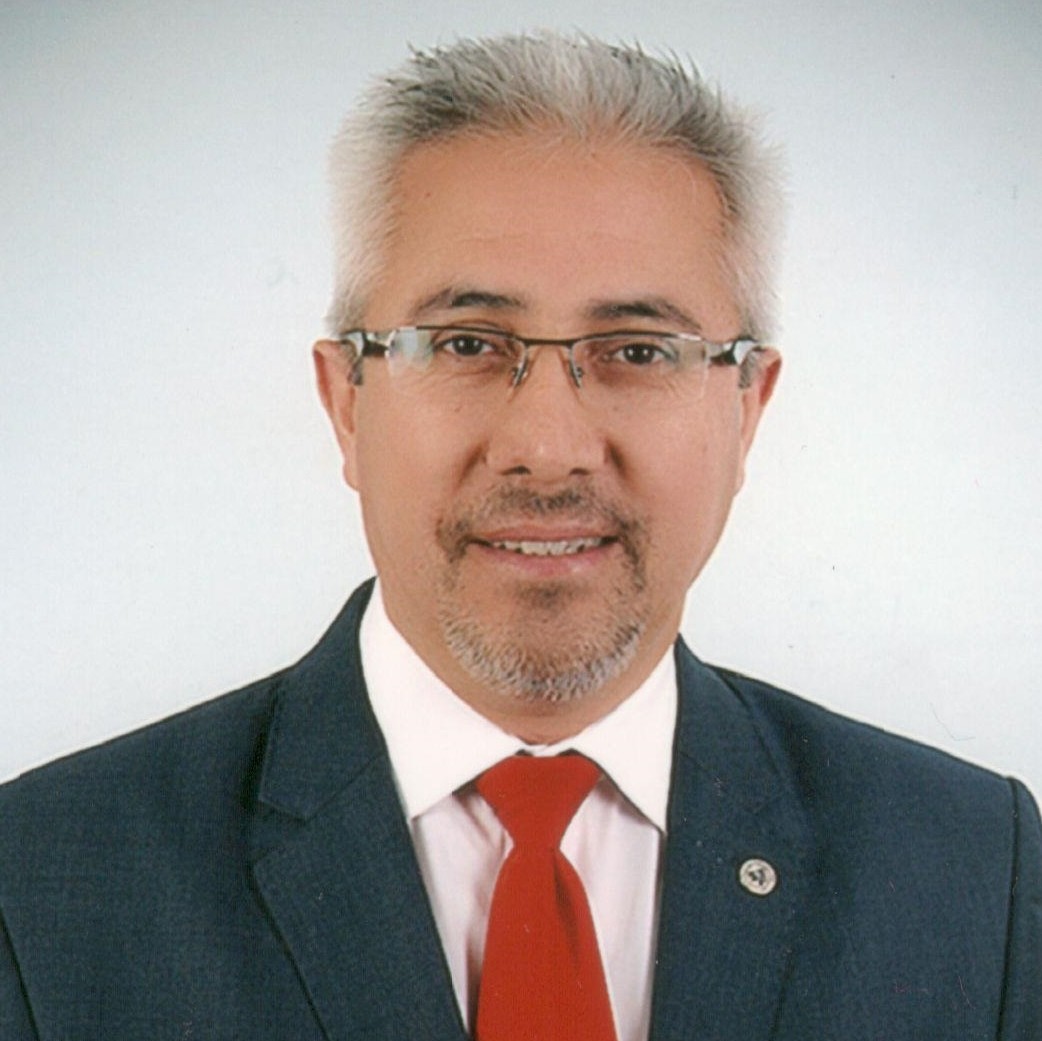
Deputy Editor-in-Chief


Managing Editor

Çevre Mühendisi
Editors





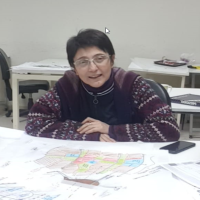
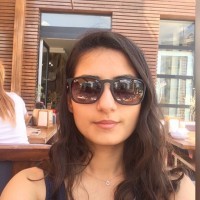

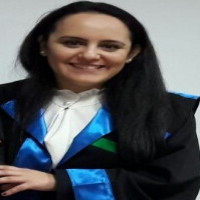
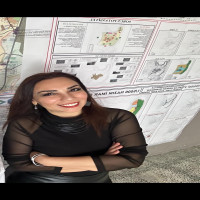

Editorial Board
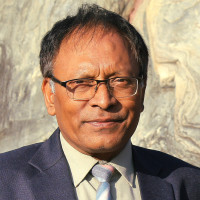


















 Web
Web
Political and Administrative Sciences


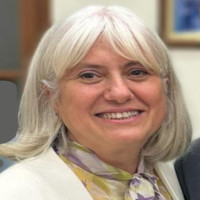


 Web
Web



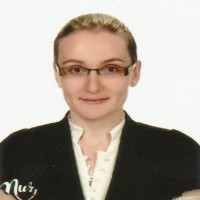








 Web
Web
Urban Planning and Environmental Problems








 Web
Web








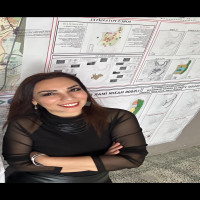


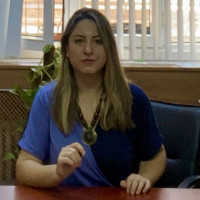

Architecture and Design






 Web
Web







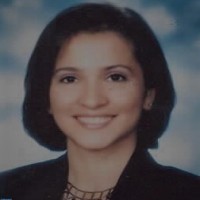



Urban Planning

 Web
Web

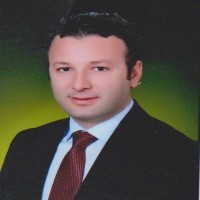






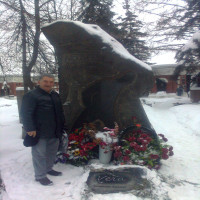
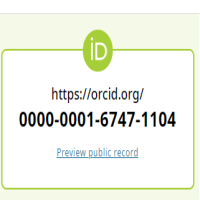
















 Web
Web






 Web
Web













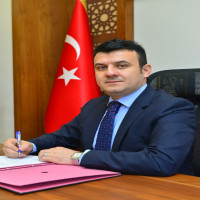






 Web
Web








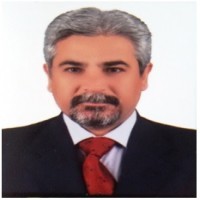







 Web
Web
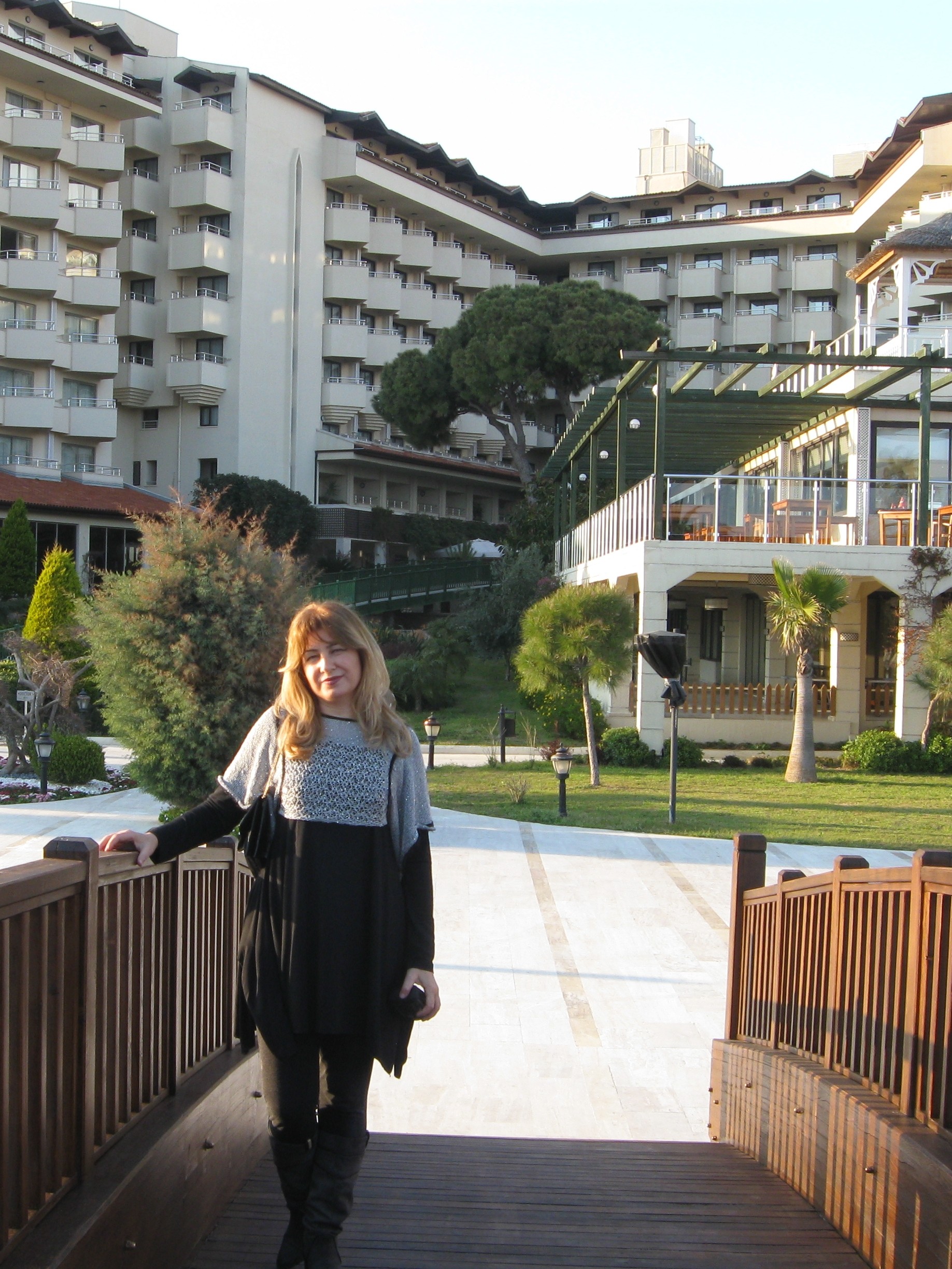

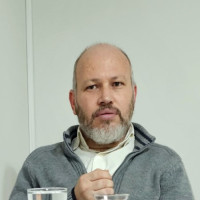








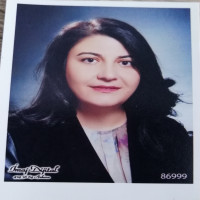



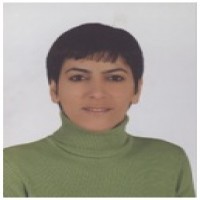









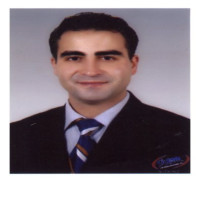







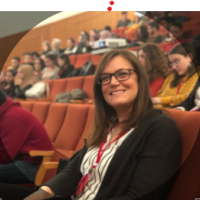











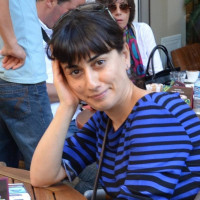




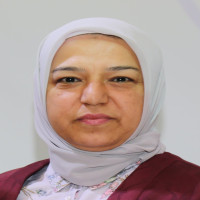
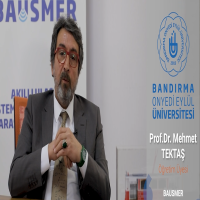













 Web
Web





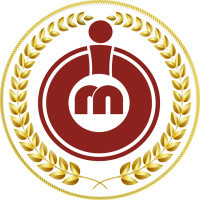




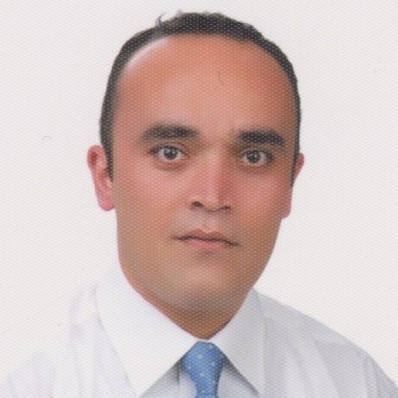




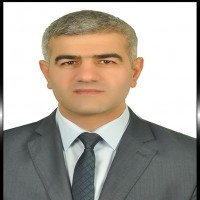






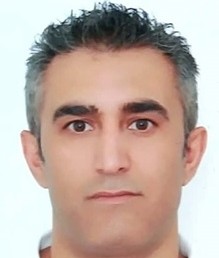












 Web
Web




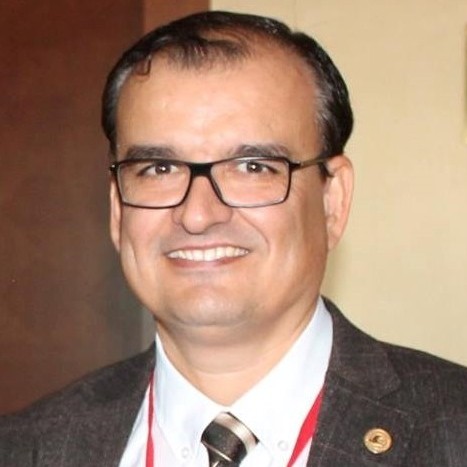


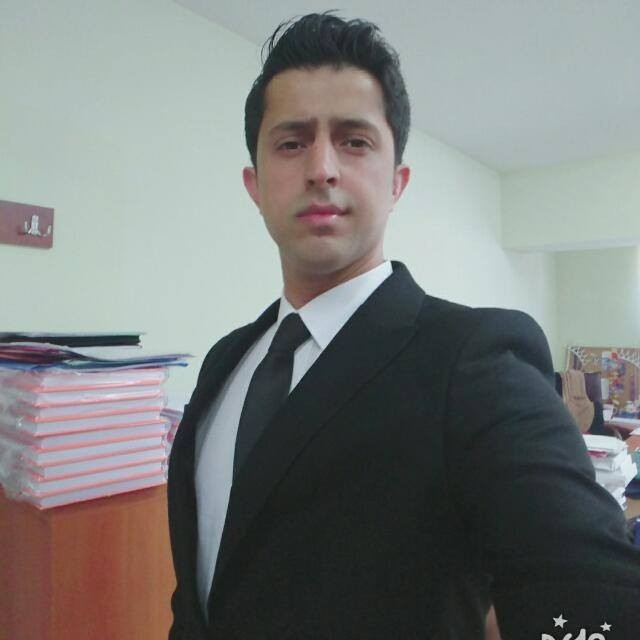








Engineering Sciences

 Web
Web


























 Web
Web






 Web
Web




















 Web
Web
















 Web
Web


































































 Web
Web



































 Web
Web


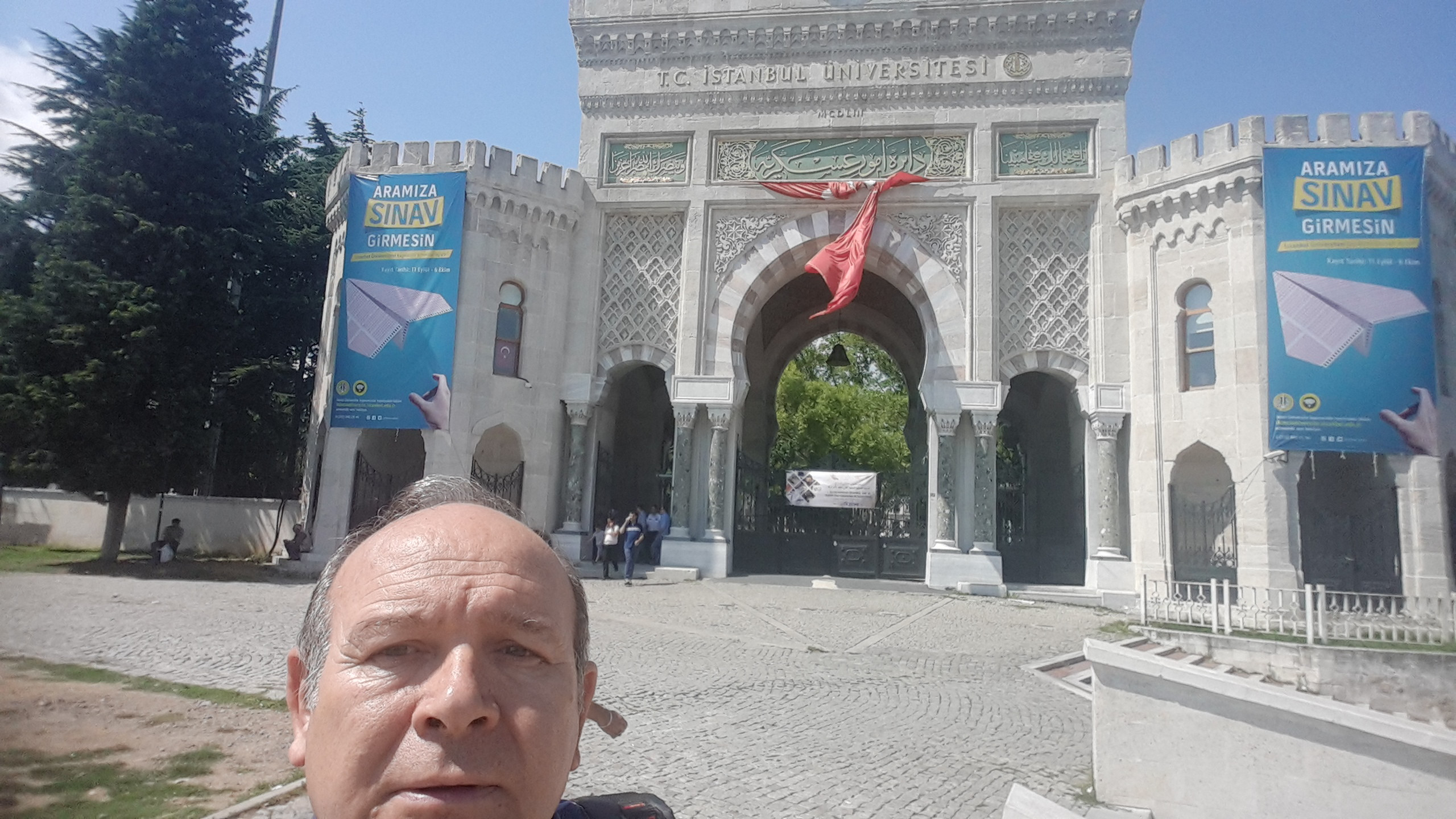














Transportation and Logistic Sciences








 Web
Web
History, Culture and Tourism







Tourism and Communication
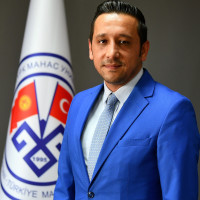

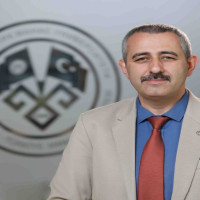


Statistics Editors
ICAM Network | Ethic Committee






 Web
Web




Scientific Advisory Board














 Web
Web











 Web
Web











 Web
Web



































 Web
Web













 Web
Web














International Refereed and Indexed Journal of Urban Culture and Management | Kent Kültürü ve Yönetimi Uluslararası Hakemli İndeksli Dergi
Information, Communication, Culture, Art and Media Services (ICAM Network) | www.icamnetwork.net
Address: Ahmet Emin Fidan Culture and Research Center, Evkaf Neigh. No: 34 Fatsa Ordu
Tel: +90452 310 20 30 Faks: +90452 310 20 30 | E-Mail: (int): info@icamnetwork.net | (TR) bilgi@icamnetwork.net



























